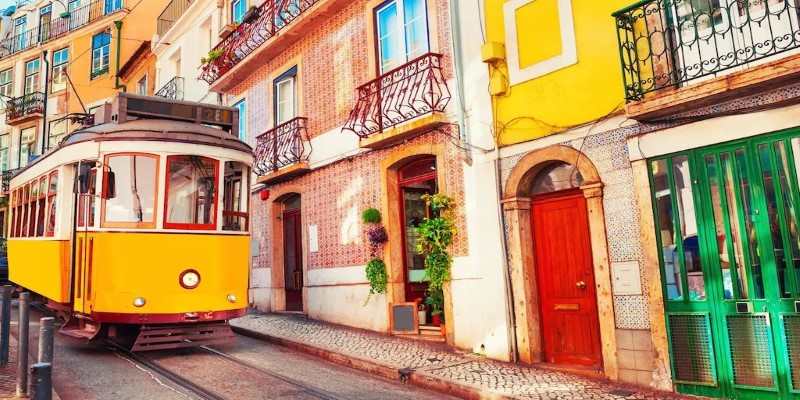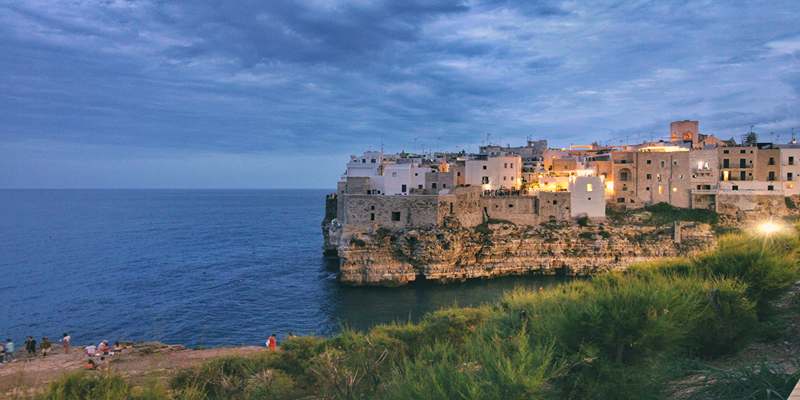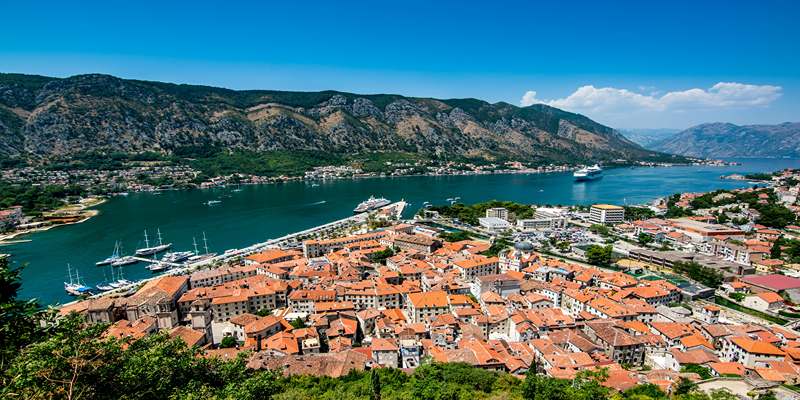For people in their 50s or 60s looking ahead, retirement isn’t just about rest anymore. Many are drawn to places that offer connection, fitness, learning, and access to healthcare—without losing independence or fun. That’s where 55+ active retirement communities come in. These aren’t traditional retirement homes.
They’re neighborhoods for people who want quiet comfort and social energy. Whether pickleball at 7 am or live music on a Friday evening, these communities are built for living fully, not just aging gracefully. Here's what to know about the best 55+ active retirement communities nationwide.
What Makes a 55+ Community “Active”?
The term "active" is used a lot, but it has a real meaning in this case. These communities cater to people who are retired—or semi-retired—but still want to keep moving. It's not just about having a gym nearby. These neighborhoods often feature walking trails, group fitness classes, tennis courts, lap pools, and event calendars packed with clubs and classes. Residents can try watercolor painting one day and then join a biking group the next. The goal is to make staying social, engaged, and healthy easy.
Another big draw is the ease of living. Most 55+ communities offer maintenance-free homes, so there's no worrying about lawn care or roof repairs. Many homes are single-level with thoughtful touches like wider hallways and step-free showers, ready for aging in place. Transportation services and amenities like on-site dining, medical clinics, and even grocery delivery
are common.
These communities feel familiar but streamlined for people used to living in cities or suburbs. There's a shared understanding among neighbors—similar life stages, often similar goals. The mix of privacy and connection creates a unique balance that's hard to find elsewhere.
Top Regions for 55+ Communities in the US
Where you retire shapes how you live. Climate, cost, and community design all matter. That's why some parts of the country consistently stand out as the best 55+ active retirement communities.
Arizona: Desert Sun and Modern Comforts
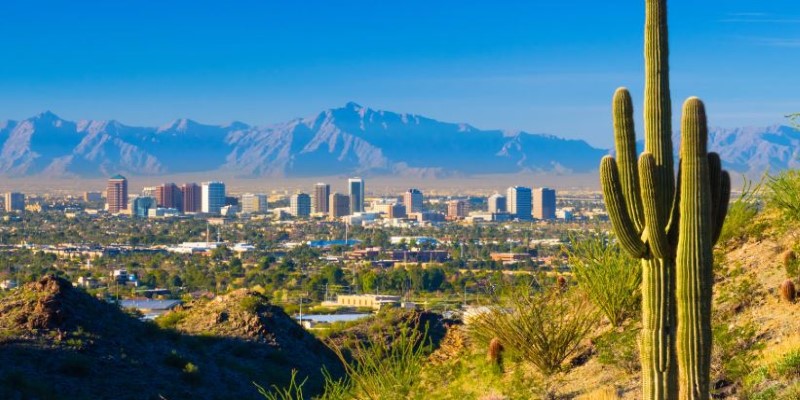
Arizona is a longtime favorite. Places like Sun City and Green Valley have attracted retirees for decades, with good reason. The dry climate is easy on the joints, and there's sunshine almost every day of the year. Homes are affordable compared to coastal states, and golf courses are everywhere. But newer communities in Arizona are moving past golf-centric living, adding art studios, yoga barns, and even coworking spaces for part-time professionals.
Florida: The Classic Choice with Plenty of Variety
Florida remains a classic choice, especially for East Coast retirees. The Villages, in central Florida, is probably the most famous 55+ community in the country. It's a city with over 100,000 residents and everything from live theater to polo fields. But Florida has smaller, quieter options, too—places like Lakewood Ranch or Del Webb Naples—where walkability, kayaking, and food trucks replace giant golf resorts.
The Carolinas: Mild Seasons and Growing Options
The Carolinas are seeing a surge in popularity. South Carolina's Myrtle Beach and North Carolina's Triangle area offer a balance of affordability, mild seasons, and good healthcare. Builders have noted that dozens of new active adult communities are popping up near beaches and medical centers. These tend to attract people who want a gentler climate without Florida's full heat and humidity.
California: Scenic Living with Built-In Wellness
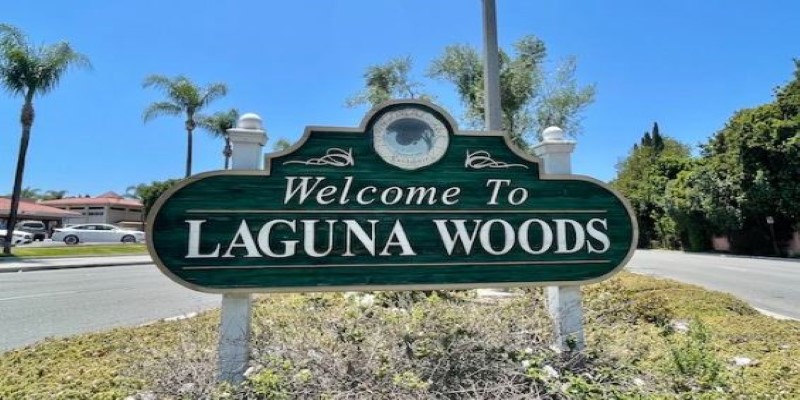
California, though more expensive, still draws many retirees, especially in coastal areas. Temperate weather, strong public health systems, and scenic beauty offset the higher housing costs. Communities like Laguna Woods in Southern California are well-established and offer ocean access, while Northern California communities prioritize wellness and tech-savvy infrastructure.
Emerging Areas: Colorado and the Pacific Northwest
The Pacific Northwest and parts of Colorado are also beginning to attract interest. These areas offer outdoor beauty, from forests to mountains, and appeal to more adventurous or eco-conscious retirees.
Lifestyle, Healthcare, and Housing in Active Communities
The best 55+ active retirement communities are about more than location. What’s inside the community matters just as much. Lifestyle amenities vary, and it’s not only about physical activity. Residents often have access to woodworking shops, craft centers, libraries, language classes, and discussion groups. Volunteer roles are part of the structure in many places, along with intergenerational programs linked to local schools or colleges.
Housing is another key part. Newer communities are moving past cookie-cutter homes. Some offer solar panels or energy-efficient appliances. Others include smart-home systems that track air quality or alert emergency contacts in case of a fall. Co-housing—where residents live in private homes but share gardens, kitchens, and common rooms—is gaining popularity, especially in Oregon and Vermont.
Healthcare ranks high on the list. While these aren’t medical campuses, many good active retirement communities have clinic partnerships or offer on-site wellness checks. Fitness centers often employ trainers who understand aging bodies. Some communities even bring in physical therapists or nutritionists to run workshops or offer private sessions.
The social setup matters, too. Strong communities make it easy to meet people. Welcome events, interest groups, and walking clubs help break the ice. It's a natural support system for those relocating from other states or adjusting to life changes.
Costs vary. Some homes are under $250,000, especially in smaller towns. Coastal or luxury communities can go well over $1 million. Monthly fees cover upkeep, events, security, and shared spaces. These fees range from $100 to over $600, so it's good to know what's included and how often they rise.
Conclusion
Retirement today isn’t the slow fade it once was. It can be the start of something new—if you’re in the right place. The best 55+ active retirement communities offer more than convenience. They offer a structure for a good life: friends nearby, hobbies within reach, and the right level of support for when life shifts. From Florida’s lakeside paths to Arizona’s desert trails and the cozy corners of the Carolinas, these communities help people stay active in the ways that matter. Choose well, and retirement won’t feel like the end of something. It’ll feel like the beginning.




